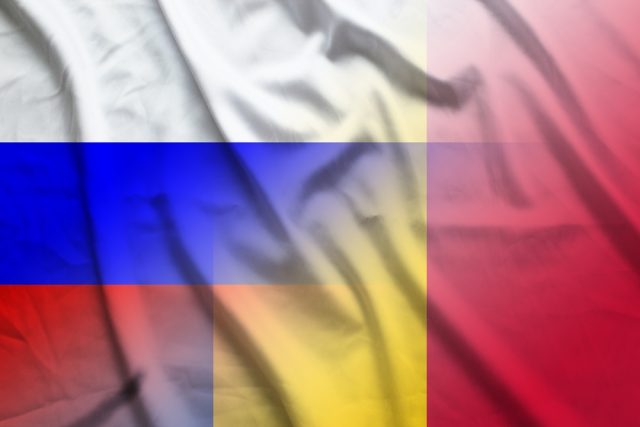
It is almost 32 years since the disappearance of the Warsaw Pact. At a time when Europe was no longer divided into two blocs, the countries of the East were detached from Moscow’s direct influence. The collapse of the socialist bloc led by the now defunct Union of Soviet Socialist Republics, in turn led by Russia, also meant the dismemberment of the socialist regimes established in the countries of the East since the end of World War II.
During this period of life of the socialist bloc, countries such as Hungary, the then Czechoslovakia and Poland were the scene of numerous uprisings and revolutions organized by opponents of socialism and Moscow’s influence. However, all these protests had a local and national character. The case of Poland, through the Solidarnosc trade union or the action of Pope John Paul II, had little to do with the 1956 uprising in Hungary. All these Eastern European nations shared the burden of the Soviet yoke for a long time, but they did not face it as a single bloc.
Events such as the Crimean War, and more specifically Russia’s invasion of the Eastern Ukrainian provinces, have uncovered a reality that had been hidden for several decades by the process of Westernization of Eastern European countries: Russia has continued to exert its influence over these countries. Although Russia did not exert an institutional influence as it did during the Cold War, new technologies and the media have played a very important role in developing its influence. Once Putin’s Russia has brought the world to such a critical stage, media such as RussiaToday or Sputnik have been banned in the 27 states of the European Union, reflecting a radical break in media terms between Europe and Russia.
The Romanian people, between two blocs
Recently, the European Conservatives and Reformists Party (ECR) has published a report on the “impact of Russian propaganda in the Balkans”, which studied the case of Eastern countries affected by pro-Russian disinformation such as Romania. After the fall of Nicolae Ceausescu in 1989, Romania’s political structure underwent many changes. Like many other countries of the socialist bloc, after freeing themselves from the influence of a weakened Russia, the Romanians began a very accelerated process of integration into the West. So much so that, less than 20 years later, the country was already a member of NATO and the European Union. Until the Russian invasion of Ukraine, many of these countries that once belonged to the Soviet sphere of influence developed as Western countries relatively normally.
One of these key targets for Russia would have been the Romanian people, who like the rest of the Eastern nationalities have very large communities in surrounding countries. While 24% of Romanians consider Russia to be the main source of propaganda and disinformation in Romania, this percentage is closely followed by 18% who consider the European Union as such. However, it is known by the countries suffering from this disinformation that propaganda is not necessarily emitted from Russia. Among some members of the Romanian community residing in Ukraine, certain mantras have been assumed, such as that Russia has been the main liberator of Europe against the Third Reich. Therefore, the pro-Russian disinformation about this community has been focused on transferring this messianic vision of Russia; a discourse very compatible with the identification of the Ukrainian State as a Nazi regime (a recurrent argument put forward by Russia). This type of messages favorable to the Russian cause in the Ukrainian war would have been disseminated both by traditional media (such as television, the medium through which 81% of the country is informed) or by new media such as Facebook.
In the case of Romania, the message intended to be taken up by Romanians is deeply rooted in Romanian-Ukrainian relations. The report highlights the susceptibility of part of the Romanian population to be more sympathetic to radical and nationalist parties. These discourses, often appealing to the emotions and feelings of Romanians, find effectiveness in a context of war in a neighboring country, and which incentivizes Romanians to have to take a stand in this conflict.
Romania, the far east of the European Union, is one of Putin’s most important propaganda targets: appealing to its past and history, to its relations with Russia, Ukraine and the rest of Europe, and appealing to Romanians’ feelings through propaganda and disinformation. The ECR report tries to understand and highlight the different parts of Russia’s communicative operation in an EU member country, trying to engage the rest of European countries and trying to gain followers among that population that in the last century was subordinated to the influence of Stalin, Khrushchev or Brezhnev.



 Subscribe
Subscribe